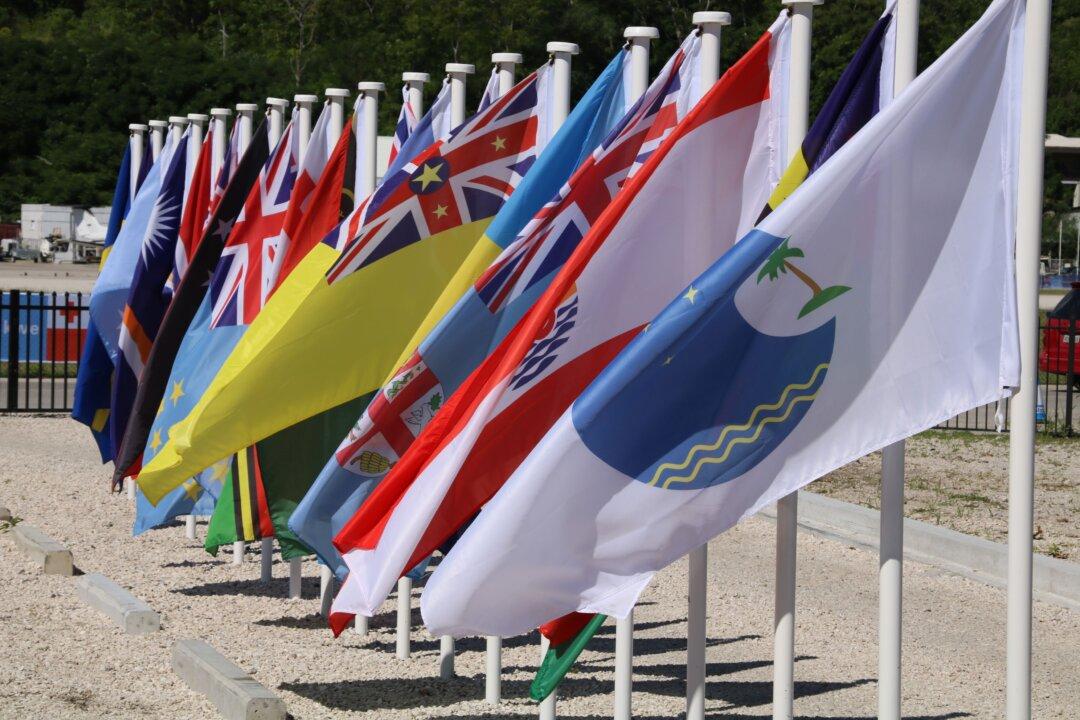As 18 Pacific nations—including Australia and New Zealand—gather in Tonga’s capital Nuku'alofa this week, numerous concerns will occupy their talks, but none more pressing than the effect of climate change on some of the world’s smallest nations, according to a report from the Sydney-based Lowy Institute.
“Climate resilience will increasingly be at the centre of geopolitical partnerships,” the report, titled “The Great Game in the Pacific Islands,” predicts.





